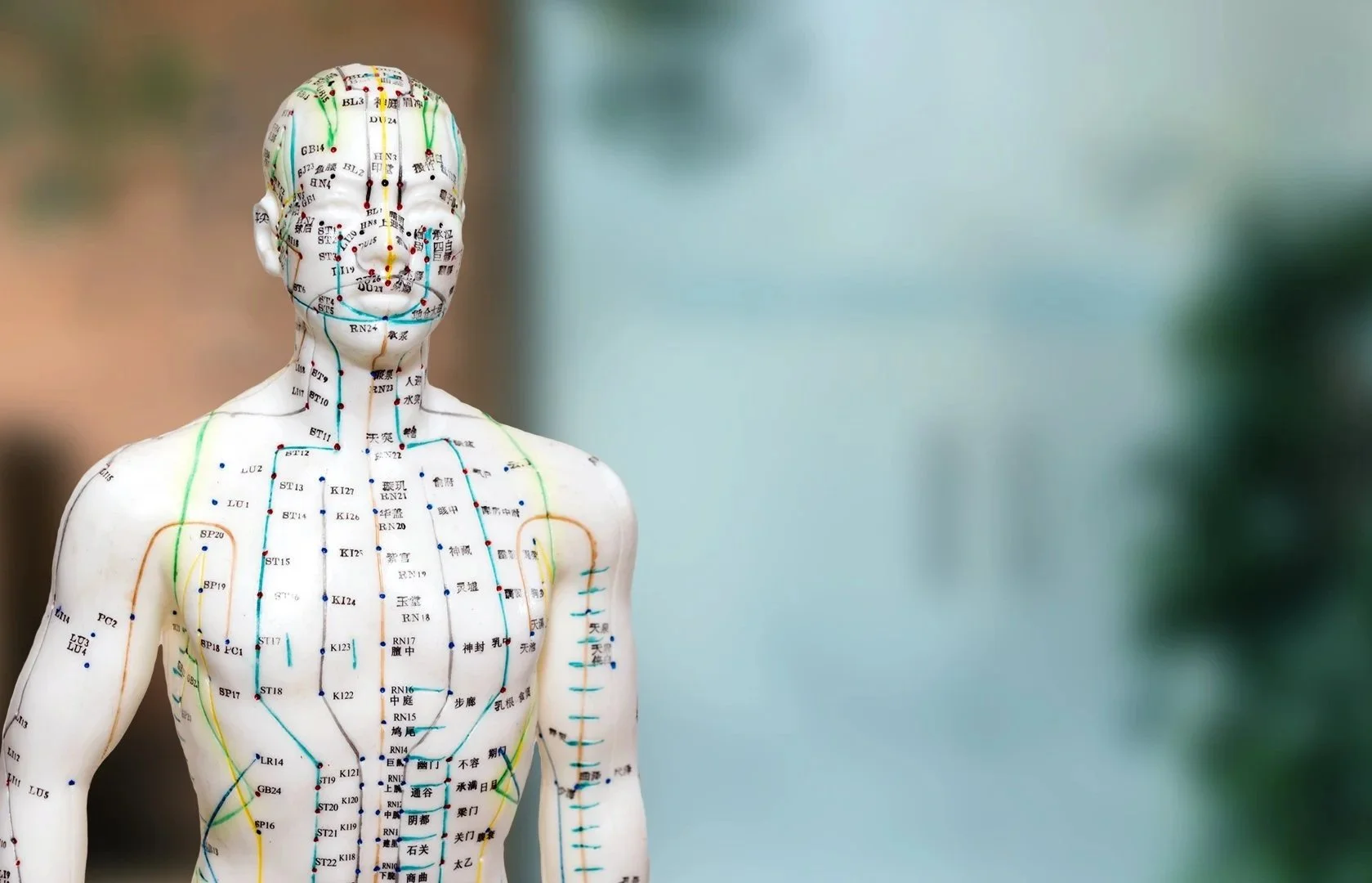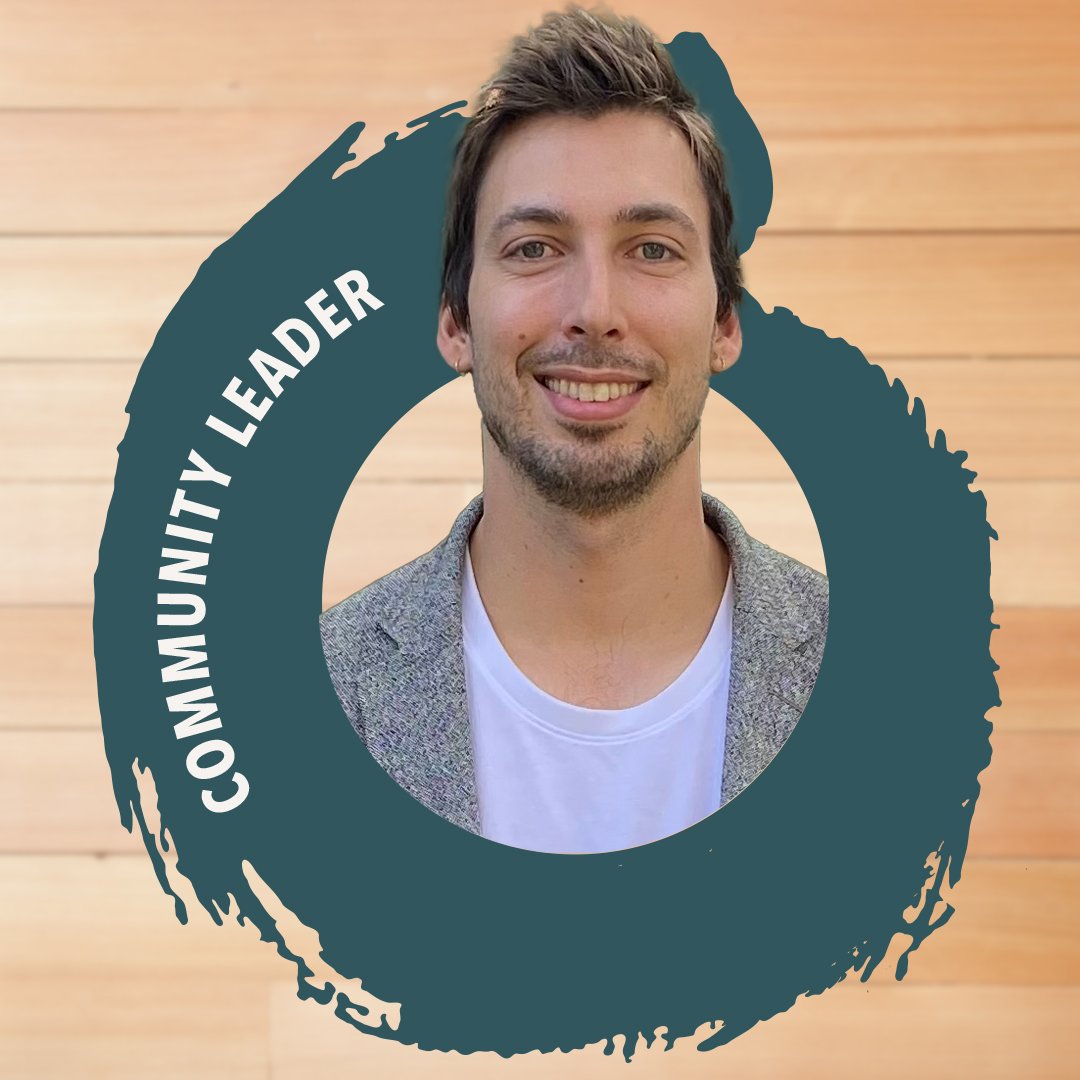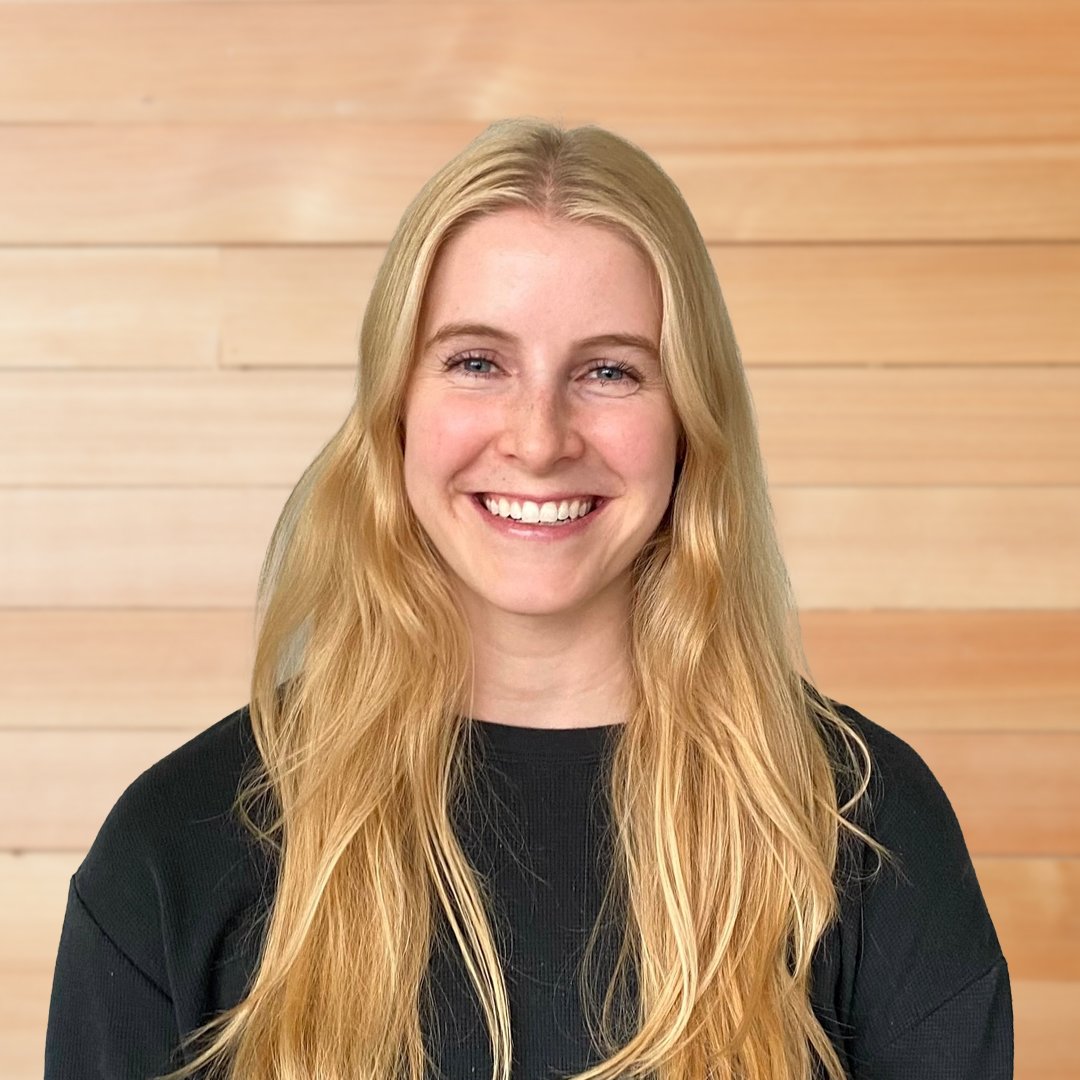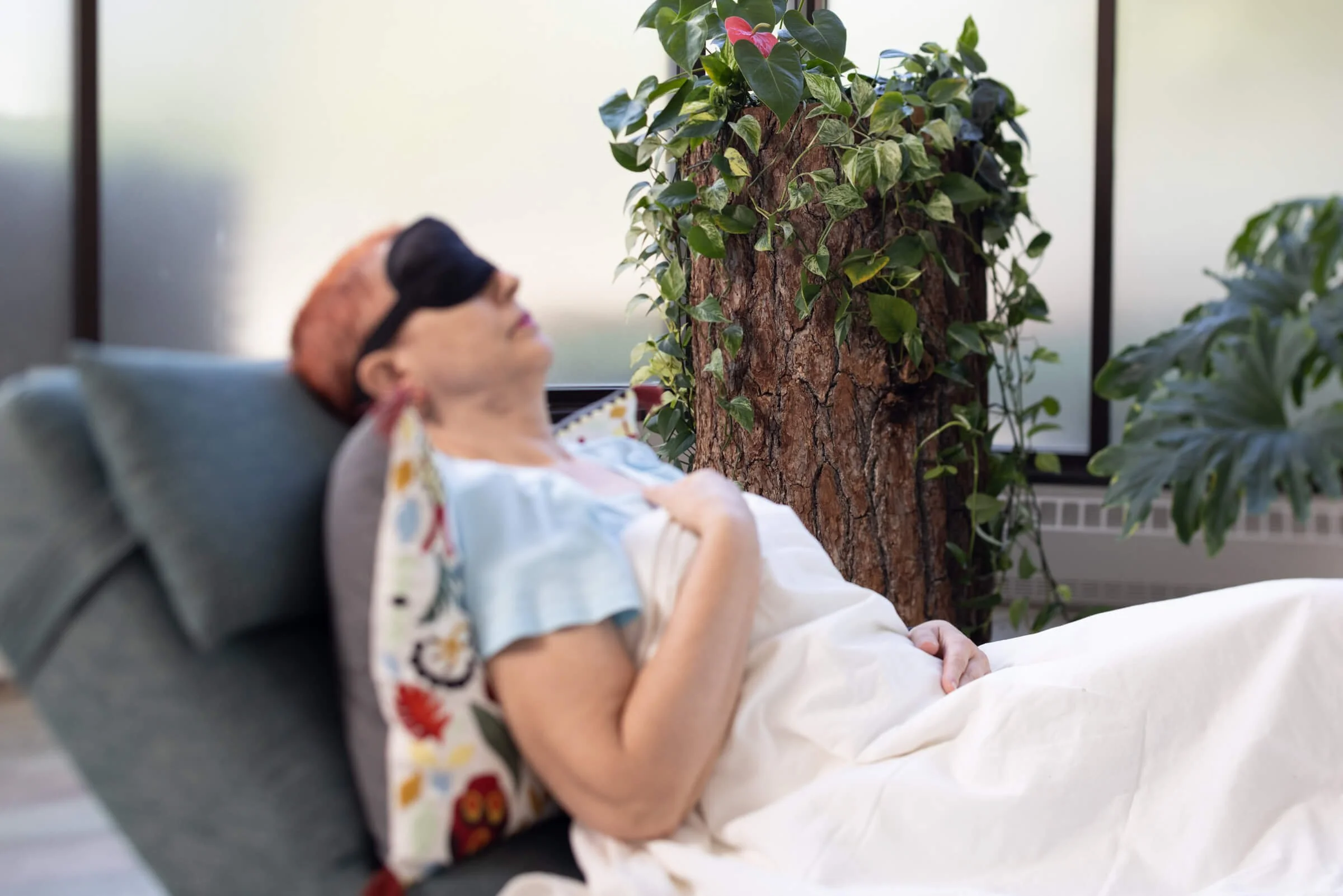Depression Treatment & Counselling in Kitsilano, Vancouver
If you’ve been feeling persistently low, disconnected, or overwhelmed, you’re not alone. Depression can affect every part of life, including your sleep, energy, focus, and relationships. Our team offers compassionate, integrative care to help you find relief and balance. From counselling and acupuncture to naturopathic and nutritional support, we address both the emotional and physical roots of depression so you can begin to feel like yourself again.
Understanding Depression
Depression is more than feeling sad, it’s a complex condition that can manifest as low mood, loss of interest or motivation, fatigue, or physical symptoms like body aches and digestive changes. Many people experience cyclical or seasonal patterns, while others notice it following major life changes, chronic stress, or postpartum shifts.
We approach depression as a mind-body condition. By integrating medical, psychological, and traditional therapies, we create a plan that supports your unique physiology and lived experience. Whether you’re dealing with seasonal affective disorder, postpartum depression, or ongoing symptoms of burnout and emotional fatigue, our team can help you find relief and build resilience.
Naturopathic Medicine
I take a holistic and root-cause approach to supporting individuals experiencing depression. Together, we look beyond symptoms to understand underlying factors such as nutrient deficiencies, hormonal or adrenal imbalances, digestive health, and nervous system dysregulation. The gut–brain connection plays a vital role in mood regulation, and many people experiencing low mood also struggle with issues like bloating, constipation, or IBS. By treating digestive concerns and restoring a healthy microbiome, we can support neurotransmitter production, reduce inflammation, and improve overall emotional well-being.
I offer targeted nutritional support to stabilize mood and energy, use evidence-based herbal medicines to gently support neurotransmitter balance, and incorporate IV nutrient therapy to provide a direct boost of key vitamins and minerals for mitochondrial and brain health. In addition to physiological care, I integrate somatic therapies to support emotional processing, nervous system regulation, and the integration of stored stress or trauma in the body. This multidimensional approach aims to restore balance, resilience, and a renewed sense of connection to self.
Psychedelic-Assisted Therapy
Ketamine-Assisted Therapy (KAT) combines neuroscience with deep psychological exploration to support healing on mental, emotional, and spiritual levels. Originally developed as an anesthetic, ketamine is now recognized for its ability to rapidly relieve depression and open pathways for profound therapeutic insight.
In a KAT session, ketamine helps quiet the analytical mind and soften inner defences, allowing access to emotions, memories, and perspectives that might otherwise remain out of reach. When paired with psychotherapy, this medicine fosters neuroplasticity—the brain’s ability to form new connections—supporting shifts in thought, behavior, and emotional regulation. Rather than a quick fix, KAT is a guided process of preparation, experience, and integration—each step creating space to meet yourself with clarity, compassion, and curiosity. The goal is not to escape pain but to understand it differently, reconnecting with the parts of yourself that hold wisdom, resilience, and the capacity for transformation.
Counselling
Depression can make life feel overwhelming, leaving you disconnected from yourself and the people around you. Counselling provides a welcoming space where you can openly share your emotions and experiences without judgment. Drawing from Emotionally Focused Individual Therapy (EFIT), I believe that emotions such as sadness carry valuable messages and that every feeling serves a purpose. In our work together, we’ll explore your inner emotional landscape with curiosity and kindness to uncover the deeper patterns and needs beneath your feelings. I also integrate Internal Family Systems (IFS), an approach that helps you understand the different parts of yourself and work with them in a way that promotes balance, self-compassion, and inner harmony. Alongside this deeper emotional work, I use Behavioural Activation from Cognitive Behavioural Therapy (CBT) to help work through depression by guiding you to take small, meaningful steps toward activities that bring purpose, connection, and enjoyment back into your life.
Traditional Chinese Medicine (TCM) & Acupuncture
In Traditional Chinese Medicine (TCM), depression is seen as an imbalance that affects the body, mind, and spirit. Emotional health depends on the smooth flow of Qi—our vital energy. Acupuncture helps restore balance by calming the nervous system, improving circulation, and releasing areas of physical and emotional tension. Chinese herbal medicine can also support this process, targeting the root patterns behind depression; whether that means nourishing depleted energy, moving stagnant Qi, or soothing an overworked system. Together, acupuncture and herbs strengthen the body’s foundation, promote restful sleep, and ease both physical and emotional heaviness, while helping clients reconnect with their vitality and sense of ease.
Your Depression Care Team
Frequently Asked Questions about Depression
-
No. Sadness is a common, temporary emotional response to loss or difficulty. Burnout involves emotional exhaustion related to stress or overwork. Depression affects mood, thoughts, and body chemistry. It persists even when life circumstances improve and often interferes with daily functioning.
-
Depression doesn’t have a single cause. It often develops through a combination of factors:
Biological: Imbalances in brain chemicals (neurotransmitters) like serotonin and dopamine.
Genetic: A family history of depression or other mood disorders.
Psychological: Negative thought patterns, trauma, or unresolved emotional pain.
Environmental: Stressful life events, chronic illness, isolation, or lack of social support.
Lifestyle: Poor sleep, limited sunlight exposure, alcohol or substance use, and nutritional deficiencies.
-
Symptoms vary by person but commonly include:
Persistent sadness, emptiness, or tearfulness
Loss of interest in activities once enjoyed
Fatigue or lack of energy
Changes in sleep or appetite
Difficulty concentrating or making decisions
Feelings of worthlessness, guilt, or hopelessness
-
Seasonal Affective Disorder is a form of depression that follows a seasonal pattern, most commonly appearing in late fall and winter when daylight is limited.
Symptoms include low mood, fatigue, irritability, and increased need for sleep. Treatment may involve light therapy, vitamin D supplementation, physical activity, and psychotherapy.In Vancouver and other northern regions, SAD is relatively common due to limited winter sunlight.
-
Postpartum depression (PPD) can occur after childbirth, affecting about 1 in 8 new parents.
It involves more than temporary “baby blues”, symptoms can include:Persistent sadness, anxiety, or irritability
Trouble bonding with the baby
Fatigue, guilt, or feelings of inadequacy
Changes in appetite or sleep
PPD is treatable with counselling, peer support, and medical care. Early intervention is key for both parent and baby’s well-being.













